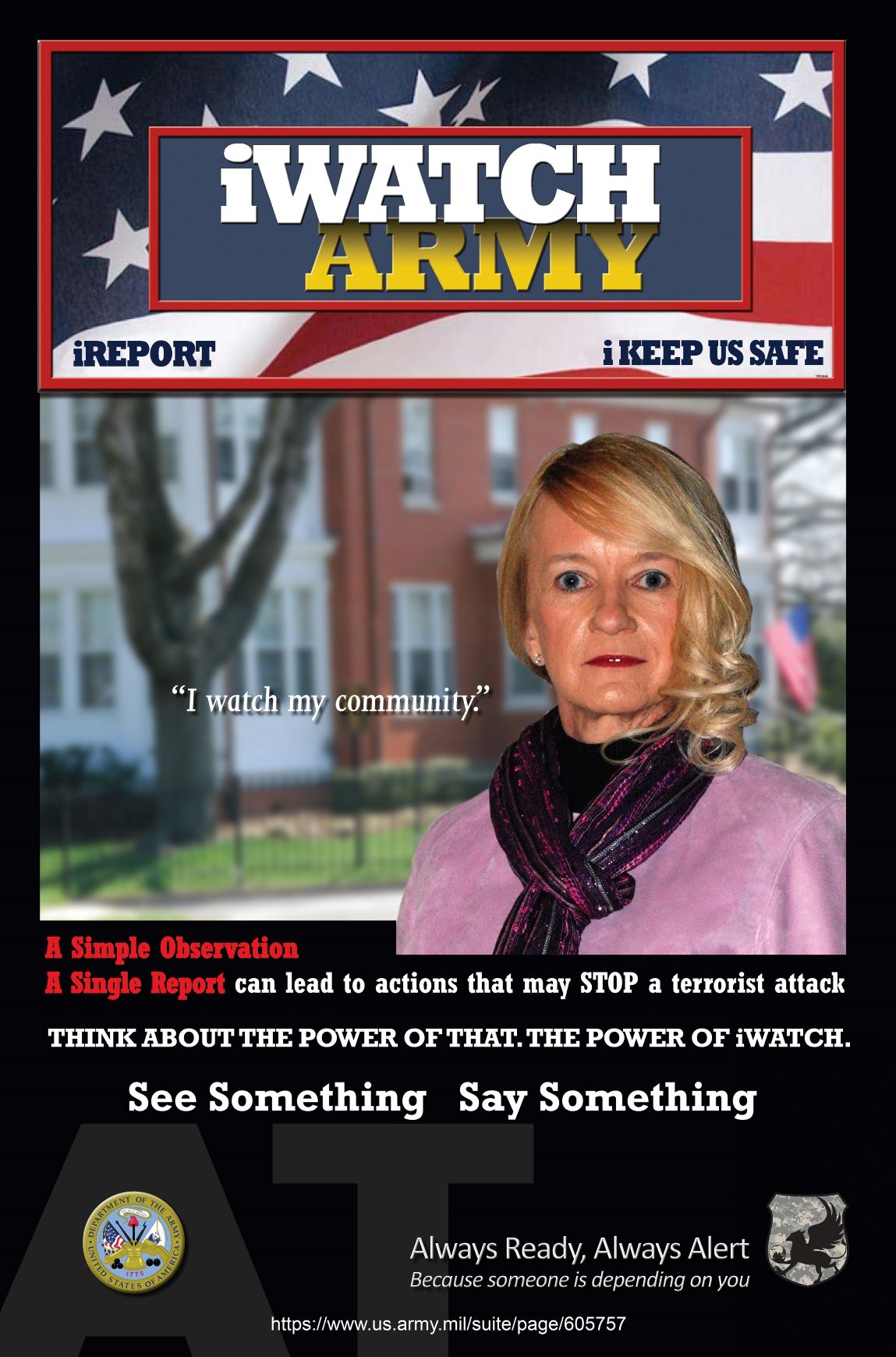Workforce supports military stand-down on extremism with training events at Fort Drum
Mike Strasser
Fort Drum Garrison Public Affairs
FORT DRUM, N.Y. (March 19, 2021) – Members of the Fort Drum civilian workforce completed virtual extremism training March 18 in accordance with Secretary of Defense Lloyd Austin’s stand-down order to address extremism in the military.
 John Simard, Protection Branch chief in the Fort Drum Directorate of Plans, Training, Mobilization and Security, developed the discussion-based training and conducted six sessions over the course of a week.
John Simard, Protection Branch chief in the Fort Drum Directorate of Plans, Training, Mobilization and Security, developed the discussion-based training and conducted six sessions over the course of a week.
“We wanted to give as many people at Fort Drum a chance to attend this virtual training, ask questions, and learn why extremism in any form is not to be tolerated,” he said. “Instead of this being just a video to watch or slides to read, this was designed as an open forum where people could ask questions and really get value out of the training.”
Each session opened with a reminder of why new federal employees take an oath to support and defend the Constitution.
“The oath is essentially our guiding principle and the most important document for us, as government employees,” he said. “Being involved with any type of extremist group or participating in extremist activities goes completely against our oath of office.”
While it would have been easy to frame the entire discussion on extremism around the recent attack on the U.S. Capitol, Simard said that the threat is not limited to a single political, religious, cultural or ideological background.
“Everybody saw the storming of the Capitol on the news, so we’re very familiar with it,” he said. “But to bring the subject home, we needed to address other types of violent extremist groups and militias so that people understood the differences and know what to look for.”
The training included examples of domestic extremist groups and distinguishing symbols and logos; the difference between permissible 1st Amendment activities and prohibited extremist activities; and how to recognize and report extremist behaviors.
Participants also learned that prohibited activities are not limited to physical attendance or support of extremist organizations.
“The same prohibitions apply to online activities, so you can not endorse, fundraise, recruit or participate on extremist websites, social media sites or blogs,” Simard said.
Soldiers across the 10th Mountain Division (LI) also received unit-level extremism training in support of the stand-down order.
“The biggest take-away that I hope people left with is knowing what extremism is, so you can avoid it and also so you can report it,” Simard said. “It’s our responsibility to report either suspected or actual acts of extremism, or extremists.”
Amanda Mason, Fort Drum Army Substance Abuse Program manager, said that she felt more informed about what to do if she ever encountered a reportable situation.
“After the training, I do feel I would likely pick up on behaviors that I may not have noticed in the past, and I also feel more comfortable reporting issues or concerns,” she said. “However, I hope now that most of the garrison has attended this training that they would also feel comfortable making a report.”
Some of the material covered was familiar to civilian employees who annually complete Threat Awareness and Reporting Program (TARP) training.
“As garrison employees, we have many different training requirements we have to meet each year,” Mason said. “However, I also think with the changing environments, nationally, we need to be informed of what is ethical and legal for us to take part in – to not only protect ourselves, but our DoD community.
“I would rather attend a training and be educated the correct way than trying to decipher the information myself,” she added. “Training like this helps keep the workforce informed and on the same page.”
Mason said that she was reminded of a recent conversation between Bill Van Orman, ASAP educator, and Command Sgt. Maj. Mario Terenas, 10th Mountain Division (LI) senior enlisted adviser, that was posted on the ASAP Facebook page. Terenas challenged the Fort Drum community to “not walk past a problem” and that if you can’t correct an issue, report it. Mason said that the exchange was not specifically about domestic extremism, but it is a good message for community members to embrace.
“We are all part of this community, and one person’s ‘problem’ is everyone’s problem,” she said. “We all need to help one another to better our community – we are all in this life together.”
To report extremist activity or behavior at Fort Drum, Simard said to call the Directorate of Emergency Services at (315) 772-5156 and provide any pertinent information.
For more information about how the U.S. Army is addressing extremism, visit https://www.army.mil/standto/archive/2021/03/15/.





